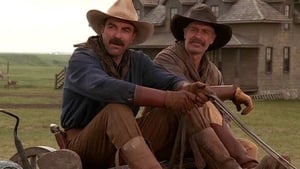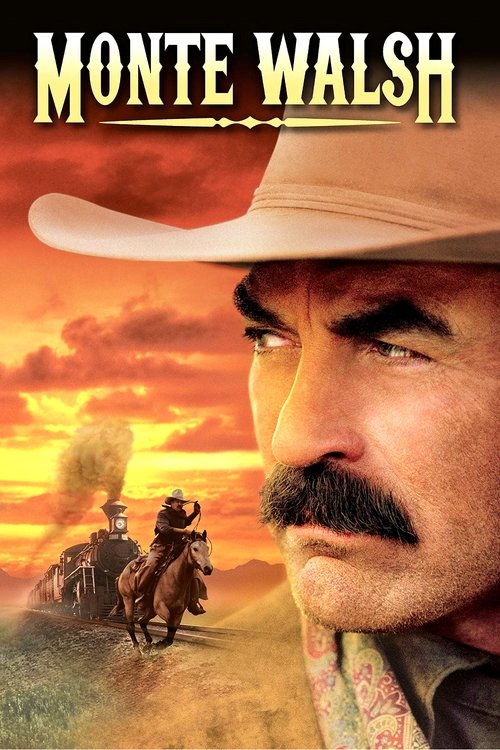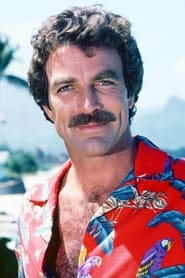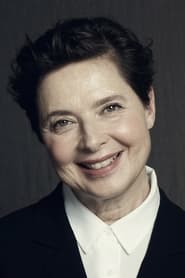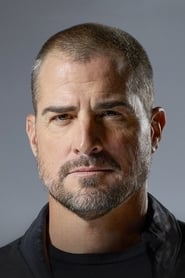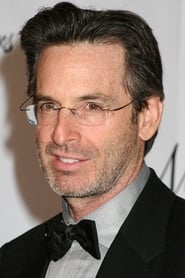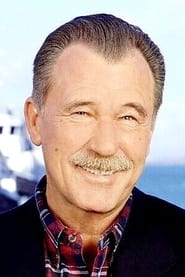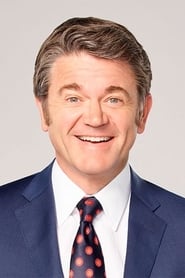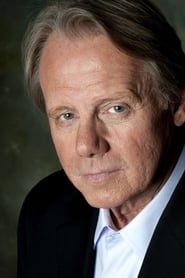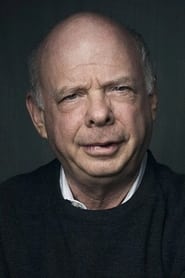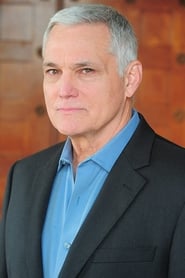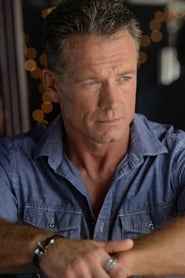Cast
View AllTom Selleck
as Monte Walsh
Isabella Rossellini
as 'Countess' Martine
Keith Carradine
as Chester 'Chet' Rollins
George Eads
as Frank 'Shorty' Austin
Robert Carradine
as Sunfish Perkins
Barry Corbin
as Bob the Storekeeper
James Gammon
as Fighting Joe Hooker / Albert Miller
Rex Linn
as Hat Henderson
John Michael Higgins
as Robert Slocum
William Sanderson
as Skimpy Eagens
Wallace Shawn
as Colonel Wilson
Marshall R. Teague
as Wallace 'Dally' Johnson
Rick Ravanello
as Henry Louis 'Sugar' Wyman
Joanna Miles
as Sairy Brennan
Lori Hallier
as Mrs. Mary Wilder
Crew
Director
- Simon Wincer
Producer
- Steven J. Brandman
Reviews
John Chard
Rudy, you can't have no idea how little I care.
Already made in 1970 with Lee Marvin in the title role (directed by William Fraker), here for the TV remake we have Tom Selleck as Walsh and it's directed by Simon Wincer. Based on the novel written by Jack Schaefer (writer of Shane no less), story is a lament for the passing of the Old West and the dying out of the cowboy as a viable living.
There's nothing romantic on show here as regards life on the range, the romance is set aside for the beautiful landscapes (the magnificence of Alberta captured by David Eggby) and the tender relationships between Walsh and Countess Martine (Isabella Rossellini) and his sidekick Chet Rollins (Keith Carradine) - with both actors deft and affecting in perfs.
Pic perfectly portrays just how tough it was on the range, and how dangerous the towns were as the cowpokes moved on through them looking for solid work. Selleck is surrounded by fine character actors, William Devane , Rex Linn, James Gammon, Robert Carradine, William Sanderson and Wallace Shawn. But as any Western fan who has followed Selleck in these genre ventures will tell you, he doesn't need propping up by anybody, he's at home in these films. All manly and pathos to burn, he's excellent in this.
If you are a Western fan there is so much to like here, if you liked the Marvin film it's nailed on you will like this one as well, maybe even a bit more! 8/10
Sep 6, 2020
Thematic Analysis
Monte Walsh represents a fascinating example of Western cinema, offering viewers a unique perspective on the human experience and societal structures. The film's approach to its themes demonstrates a creative vision that distinguishes it within its genre.
Director Simon Wincer brings their distinctive visual style to this film, continuing their exploration of themes seen in their previous works while adding new elements. Their approach to pacing and visual storytelling creates a viewing experience that rewards close attention.
Released in 2003, the film exists within a cultural context that continues to evolve with our understanding of its themes. Its reception demonstrates the diverse reactions to its artistic choices and its place in cinema history.
Did You Know?
- The production of Monte Walsh took approximately 35 months from pre-production to final cut.
- The final cut of the film runs for 117 minutes, though the director's initial assembly was reportedly 145 minutes long.
- The film contains approximately 1468 individual shots.
- The costume department created over 267 unique costume pieces for the production.
- Several scenes were filmed in multiple locations to capture the perfect setting.
Historical Context
- In 2003, when this film is released:
- Environmental concerns were becoming more mainstream.
- Digital technology was disrupting traditional media and entertainment.
- Digital filmmaking technologies were transforming production processes and creating new opportunities.
How This Film Stands Out
While Monte Walsh shares thematic elements with other films in its genre, it distinguishes itself through its unique approach to storytelling, visual style, and character development.
Unlike Appaloosa, which takes a more conventional approach to its subject matter, Monte Walsh subverts genre expectations by exploring its themes with greater nuance.
While films like Silver Spurs and The Feud of the Trail explore similar territory, Monte Walsh stands apart through its deeper exploration of its central themes and more complex characterization.
This film's unique contribution to cinema lies in its thoughtful balance of entertainment value and thematic depth, making it a valuable addition to its genre.
Details
- Release Date: January 17, 2003
- Runtime: 1h 57m
